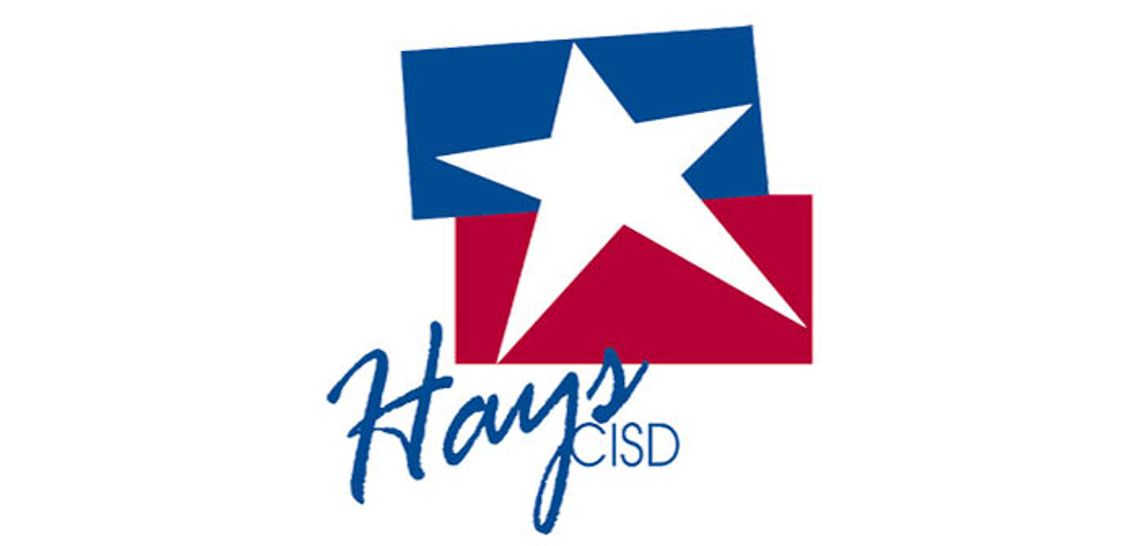This year’s back to school preparations will not resemble anything Texans have seen before. As the school year creeps closer and infection rates soar, Hays CISD is requesting parental input for a clearer attendance census on school year 2020-2021.
The district dispatched a survey on whether parents need to send their children to campus, cannot send them back to school, or prefer a sort of hybrid model. Thousands of parents responded, a shock to the district’s Chief Communication Officer Tim Savoy. The amount of rapid responses may seem immense, but parents have been sitting on the edges of their seats since Gov. Greg Abbott announced the state’s plan to reopen schools in August. Savoy said they have many obstacles to overcome, like addressing how to handle bussing, seating students in the cafeteria and more.
Overall, parents expressed three general opinions on the governor’s school order; a hard no, an excited yes, and a hesitant audience who thinks it may be too soon to tell given the extreme rise of infections.











